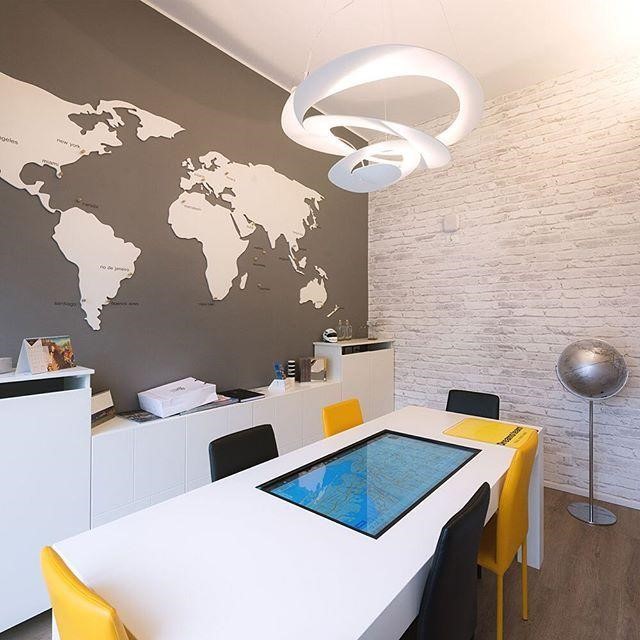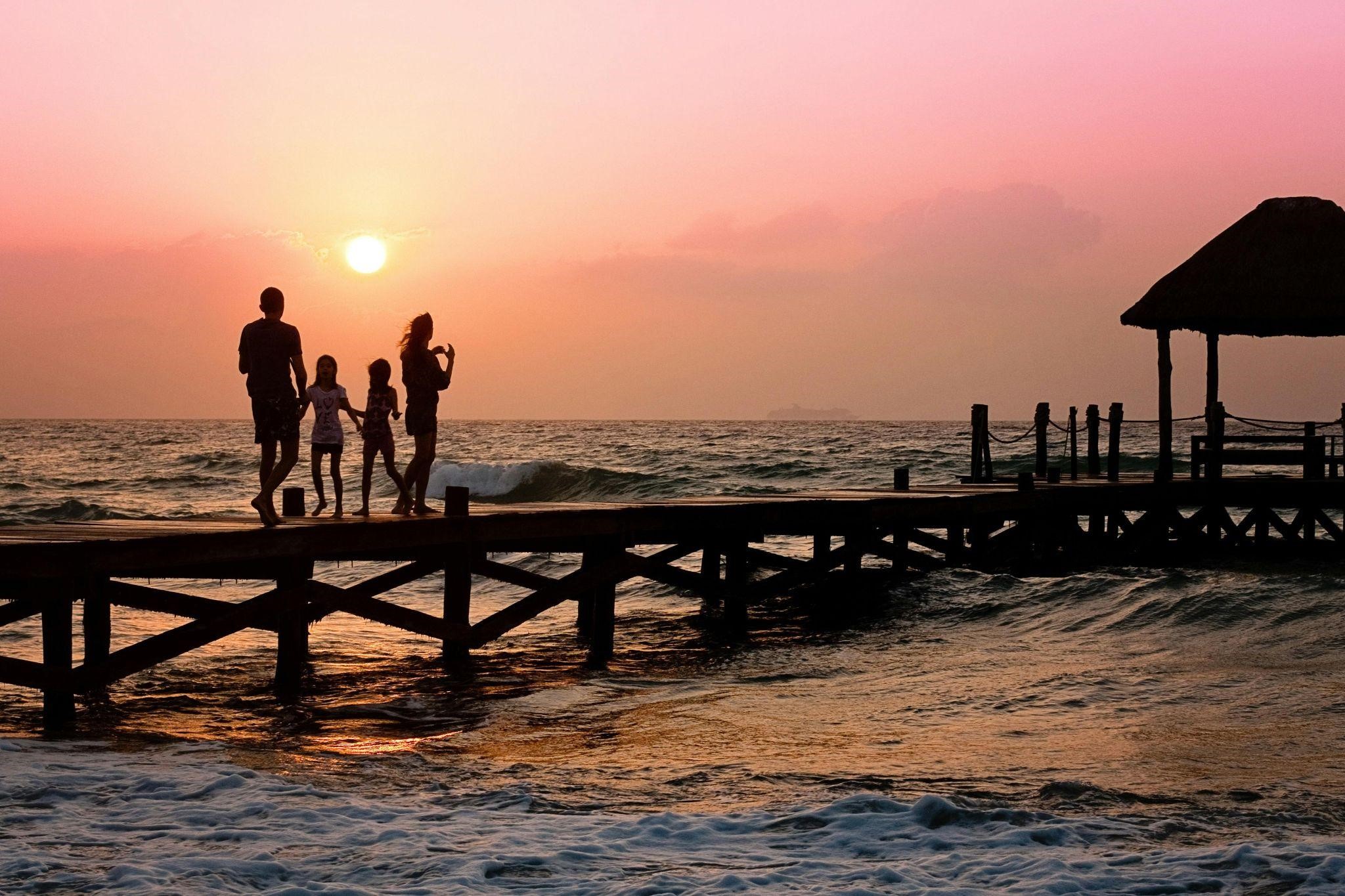“Adventure is a path. Real adventure, self-determined, self-motivated, often risky, forces you to have firsthand encounters with the world.” – Mark Jenkins
Travelling abroad is an exciting and fulfilling experience! You may be looking forward to seeing new places and meeting new people, but you should also be prepared for unexpected situations arising from your trip. It offers an escape from routine and an opportunity to explore new cultures, landscapes, and experiences. However, a safe journey is the aim of enjoying these adventures to the fullest.
Here are ten essential Safe Travel Tips to help you prioritise travel safety.
Be familiar with the location
Be familiar with the whereabouts of your hotel, hostel, or any other accommodation you’re staying at
- Know the precise location of your intended destination.
- Stay informed about the whereabouts of your travel partner.
- Be aware of the location of any other guests who might be staying with you in an Airbnb or similar rental arrangement
- Women travellers should consider specific safe travel tips like sharing your location with your family and friends with such applications.
Make sure you have an exit strategy
If you’re going out of the country, it’s important to have a plan in place. Your exit strategy should include:
- Where you’re going (or at least a general idea of where).
- How and when you’ll get there.
- A means of getting back home.
Keep a close eye
It is important to keep your belongings close at all times, even alone in a public space
- It’s important to be vigilant and take necessary safety precautions for travel to safeguard yourself and your belongings.
- Don’t leave them unattended.
- Don’t take them out of sight or out of reach.
- Don’t leave them in a public place (including restaurants and hotels). You can have trackers; here are the top 3 reviewed and tested tracker apps!
Planning for Emergencies
is one of the most important aspects of travelling abroad. And like they say, it’s always better to be safe than sorry, right?
When you travel abroad, you must pack safe travel essentials, including all the necessary tools to navigate any situation.
A first aid kit with at least a few essential items. These include bandages or gauze pads, scissors, and tape; disinfectants like alcohol wipes (to clean wounds). Medications such as aspirin or ibuprofen. Painkillers and anti-diarrheal medication if needed. You should also bring some basic medical supplies, such as an appropriate prescription drug list from your doctor, so they can be delivered back home if needed during your trip abroad! Following safe travel guidelines can significantly enhance your travel experience and overall safety.
Use common sense
Use common sense and make good decisions when engaging with strangers near travel destinations, during transit times/contexts, and when out at night (evening/nightlife).
- Create a comprehensive safe travel checklist that will help ensure you’ve covered all necessary safety measures.
- Be friendly, polite, respectful and aware of your surroundings at all times.
- Keep your belongings safe by always keeping them in sight, even alone or with others.
- Read articles and implement secure travel tips to protect yourself from mishaps.
Prioritising safety
While travelling is essential for a memorable and stress-free experience. You can ensure a smooth and secure journey by planning, staying informed, and being mindful of cultural sensitivities.
Showing respect for the local customs and traditions demonstrates your appreciation for their way of life. Dress appropriately and try to learn a few phrases in the local language; it’s a great way to connect with the locals and show your respect. Implementing practical, safe travel advice to secure travel experience. Strategies are crucial, especially in unfamiliar environments.
Current Events
Familiarise yourself with your destination’s current political, social, and economic climate. This can help you understand the context of local news and avoid potential risks. Adopting safe travel practices will make your trip safe and secure.
- Prevent misunderstandings: Familiarising yourself with local customs, traditions, and cultural sensitivities helps avoid misinterpretations and contributes to a more respectful and pleasant travel journey.
- Be knowledgeable: have a little understanding of the local context; it empowers you to make wise choices concerning activities, transport, lodging, and interactions with the local community.
Travel Advisories
Check travel advisories issued by your government’s foreign affairs ministry or department. These advisories provide up-to-date information on potential dangers, health risks, and entry or exit requirements.
These advisories often offer insights into:
- Political situations: Are there any ongoing elections, political instability, or tensions that could affect your travel plans?
- Social unrest: Are there any strikes, demonstrations, or potential disruptions to public order that you should be aware of?
- Health-related alerts: Are there any outbreaks of infectious diseases, natural disasters, or other health-related concerns that warrant attention?
- Necessary vaccinations: Are there any specific vaccinations required or recommended for your destination?
- Visa requirements: Do you need a visa to enter the country, and if so, what are the application procedures and timelines?
- Travel restrictions: Are there any travel restrictions or border closures that could affect your itinerary?
- Safety precautions: Families planning trips should prioritise safe travel tips that cater to the unique needs of all family members.
Whether it’s a warning about a health outbreak, civil unrest, or advice on safety measures, these advisories help travellers prepare adequately and stay vigilant while exploring new destinations. They serve as a constant reminder that informed travel is safe, allowing you to fully immerse yourself in the world’s wonders without compromising your well-being.
Emergency Contact Information
Imagine you’re in a foreign country facing an unforeseen emergency. Like losing your passport or having to go through a medical issue. Having your embassy or consulate’s contact information handy in such situations can be incredibly helpful. They assist citizens of your home country when they’re in trouble abroad.
Natural Hazards
Be aware of potential natural hazards such as earthquakes, floods, or typhoons in your destination region. Understand evacuation plans and emergency procedures. You can take consultation from websites such as the Department of State.
Searching for the Perfect Travel Solution?
Travel Ideas Online offers a comprehensive suite of tools to streamline your travel. Simplify inventory exchange with our cutting-edge marketplace and boost customer satisfaction with our eStore platform. Read more about us so that we can help you plan a safe trip.
TIO is a revolutionary platform that is transforming the travel industry for everyone. With TIO, you can:
- Streamline your booking process and save time and money.
- Access a vast inventory of travel products from all over the world.
- Make data-driven decisions with actionable insights.
Final Thoughts
Ralph Waldo Emerson said, “The world makes way for the man who knows where he is going.”
With that, we’d conclude our thoughts by stating that travel is an exciting journey full of new experiences and adventures. However, ensuring your safety during your travels is crucial. It’s not just about being cautious; it’s about ensuring you have a smooth and enjoyable trip.
By planning, staying updated about your destination, and respecting different cultures, you can keep yourself safe with travel tips while exploring new places. These safety measures are not meant to limit your fun but enhance your overall experience by ensuring you’re prepared in unfamiliar surroundings.
Remember, safety goes beyond having emergency contacts or knowing local rules; it’s also about appreciating and understanding different cultures. So, as you set out on your travels, keep safety in mind to fully enjoy and cherish every moment of your journey without any worries. Have a wonderful trip filled with discovery, happiness, and safety all along the way. Visit for more information on TIO.
FAQs
How important is travel insurance?
Travel insurance is crucial as it covers unexpected situations like trip cancellations, medical emergencies, or lost luggage.
What should I do if my passport gets stolen?
Report the theft immediately to the local authorities and your embassy or consulate. Keep a photocopy of your passport separately while travelling.
Is it safe to drink tap water in all countries?
It varies. Research beforehand; in some places, it’s safe, while in others, sticking to bottled water is advisable.
How can I avoid jet lag?
Adjust your sleep schedule before the trip, stay hydrated, and try to sync your activities with the local time upon arrival.
What should I do if I get lost in an unfamiliar city?
Stay calm and seek help from authorities, hotels, or trusted locals. Having offline maps or a GPS can be helpful in navigation.


